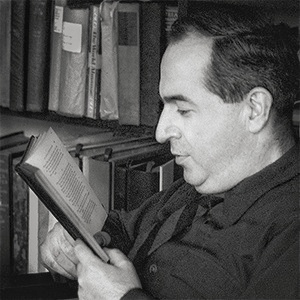A Quote by John Milton
Wealth and honours, which most men pursue, easily change masters; they desert to the side which excels in virtue, industry, and endurance of toil, and they abandon the slothful.
Related Quotes
In your deliberations, when seeking to determine the military conditions, let them be made the basis of a comparison, in this wise: which of the two generals has the most ability? on which side is Discipline most rigorously enforced? which army is stronger? on which side are the officers and men more highly trained? in which army is there the greater constancy both in reward and punishment?
There still shines the most important nuance by virtue of which the noble felt themselves to be men of a higher rank. They designate themselves simply by their superiority in power (as "the powerful," "the masters," "the commanders") or by the most clearly visible signs of this superiority, for example, as "the rich," "the possessors" (this is the meaning of 'Arya,' and of corresponding words in Iranian and Slavic).
Gentleness, Virtue, Wisdom, and Endurance, These are the seals of that most firm assurance Which bars the pit over Destruction's strength; And if, with infirm hand, Eternity, Mother of many acts and hours, should free The serpent that would clasp her with his length; These are the spells by which to reassume An empire o'er the disentangled doom.
If a man of good natural disposition acquires Intelligence [as a whole], then he excels in conduct, and the disposition which previously only resembled Virtue, will now be Virtue in the true sense. Hence just as with the faculty of forming opinions [the calculative faculty] there are two qualities, Cleverness and Prudence, so also in the moral part of the soul there are two qualities, natural virtue and true Virtue; and true Virtue cannot exist without Prudence.
The power of perpetuating our property in our families is one of the most valuable and interesting circumstances belonging to it, and that which tends most to the perpetuation of society itself. It makes our weakness subservient to our virtue; it grafts benevolence even upon avarice. The possession of family wealth and of the distinction which attends hereditary possessions (as most concerned in it,) are the natural securities for this transmission.
Vain men delight in telling what Honours have been done them, what great Company they have kept, and the like; by which they plainly confess, that these Honours were more than their Due, and such as their Friends would not believe if they had not been told: Whereas a Man truly proud, thinks the greatest Honours below his Merit, and consequently scorns to boast. I therefore deliver it as a Maxim that whoever desires the Character of a proud Man, ought to conceal his Vanity.
That wealth and greatness are often regarded with the respect and admiration which are due only to wisdom and virtue; and that the contempt, of which vice and folly are the only proper objects, is most often unjustly bestowed upon poverty and weakness, has been the complaint of moralists in all ages.






































